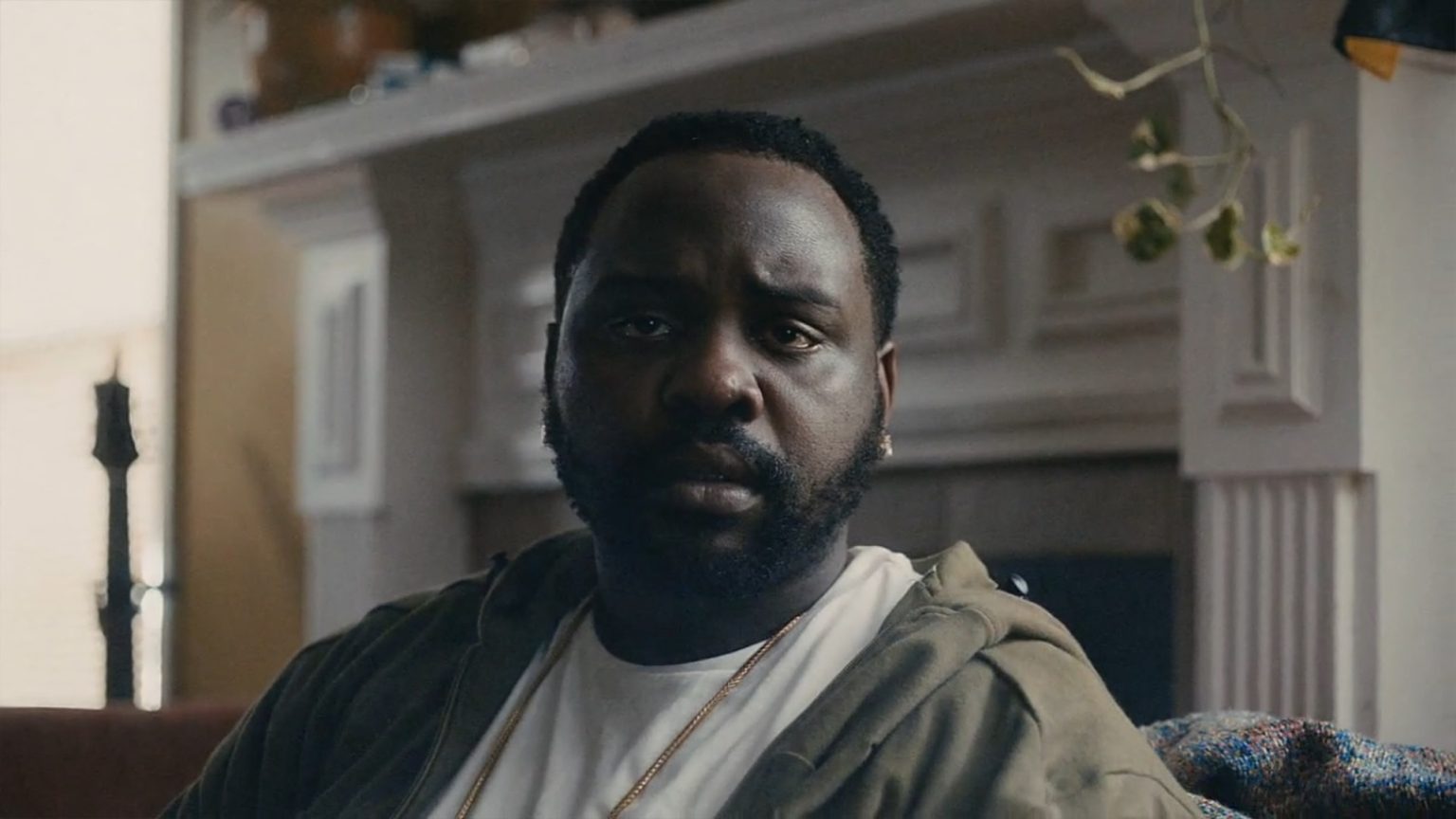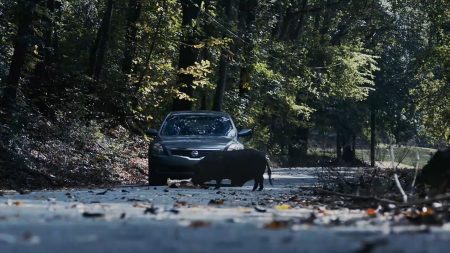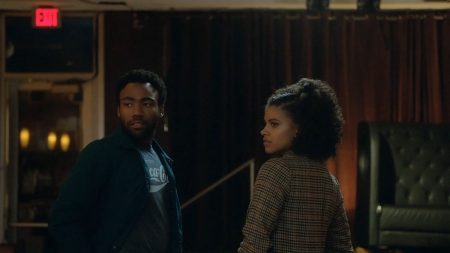The Cost of Fame
Robbin’ Season continues in full force with Atlanta Season 2’s second episode, “Sportin’ Waves.” From drug deals gone bad, to shopping trips turned to shopping sprees, to acoustic covers, there’s a lot to unpack here. Let’s dive right in.
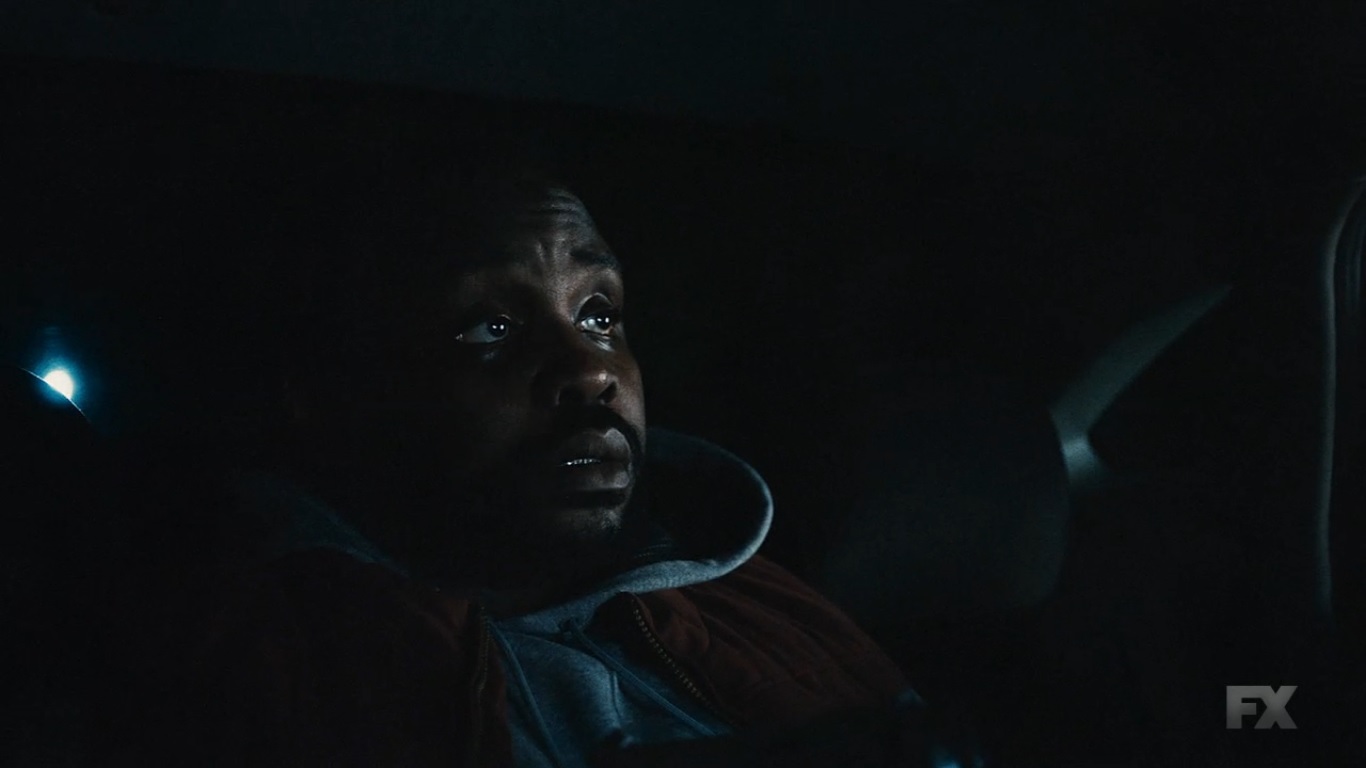
“Child lock, man.”
There’s been another victim of “robbin’ season” in Atlanta, and this time it’s Alfred. Compared to the robbery staged by Droop and Curtis in “Alligator Man,” the robbery that opens “Sportin’ Waves” has a more empathetic feel to it, as we see firsthand what black people in the ghetto are doing to make ends meet. In classic Atlanta fashion, this exchange also manages to be absolutely ridiculous.
After hopping into the back of an idle car under an inconspicuous bridge, Al greets his longtime drug dealer, referred to simply as Black. The two exchange some quick pleasantries; Black compliments Al’s new music track (“That thing fire, though.”), and Al responds with a 5-star review of the dealer’s last batch of weed (“That shit was legit, boy.”) You know, the type of pleasantries expected between drug buyer and drug seller.
Like in “Alligator Man,” however, not everything is as it seems. Black seems fixated on Al’s “Paper Boi” persona, and there’s some awkward silence between the two as they negotiate quantity and price. Then, as if on cue, the unexpected rears its head as the dealer pulls a gun on Al, says, “It ain’t my fault, bruh” followed by “I mean you’ll be alright though… Probably go platinum or some shit,” and robs Al of his drug money.
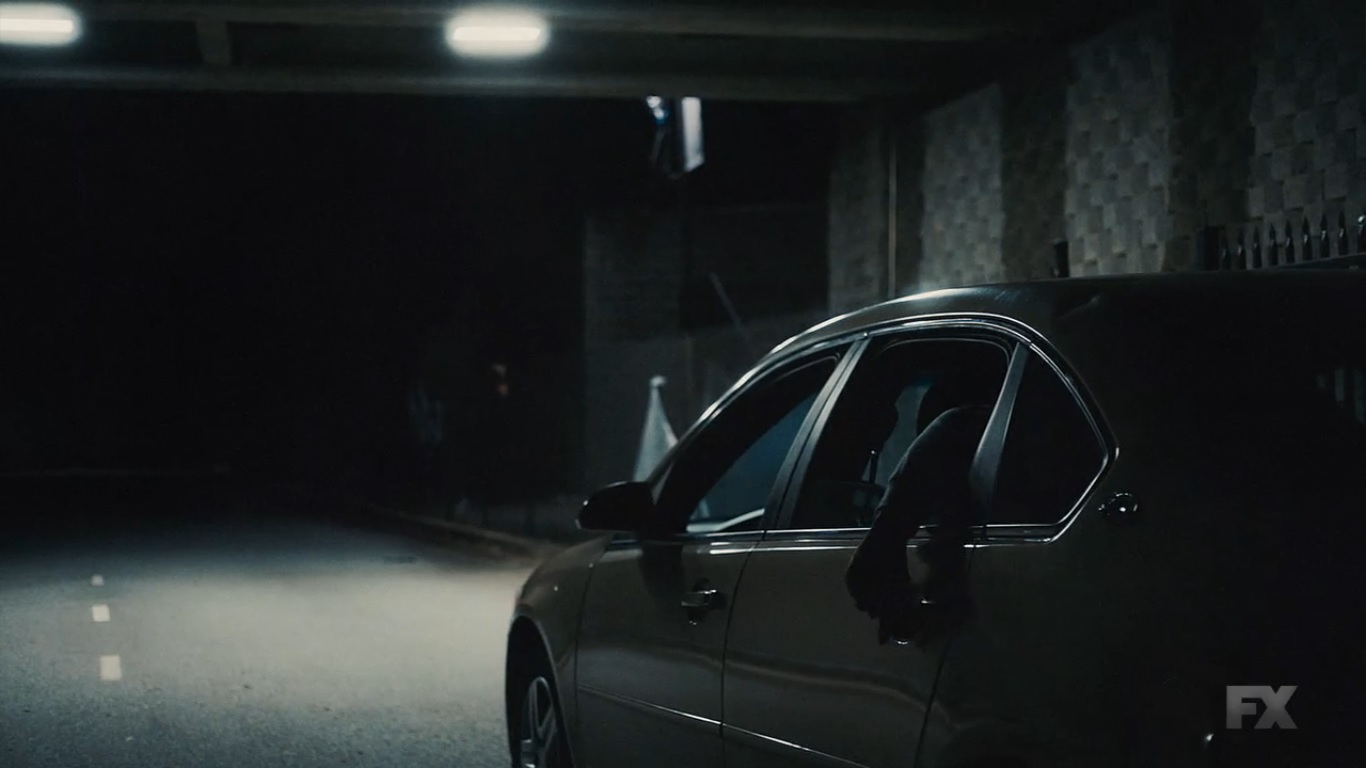
While this exchange in and of itself made me chuckle—Black robbing Al felt about as non-threatening as a 3rd grade nerd sizing up a 150 lb bully with a butter knife—Atlanta took the whole thing one step further by having Paper Boi locked inside the car as the dealer gave him the OK to leave. “Child lock, man,” Paper Boi uttered in annoyance before saying “Fuck it, man” and unlocking it himself. The scrambling between the two to mutually finish off this “robbery” echoed something out of The Three Stooges, and yet somehow it feels right at home with Atlanta’s wry sense of humor.
As funny as this scene is, there are two important points to take away from it. First: “robbin’ season” is in full effect here, and it can cause friction between even long-term friends (as we learn during the very next scene, Paper Boi has known Black for ten years). Two: Al has to be careful around those he knows and trusts, as his new-found fame has put a sizable target on his back.
What do we get when we put 2 and 2 together? Robbin’ Season of Atlanta is slowly but surely building up to a confrontation between Earn and Al, almost certainly around money. Could Earn end up robbing Al if it means being able to provide for Vanessa and his daughter? It might be a premature prediction for me to make, but the evidence is there and slowly mounting.
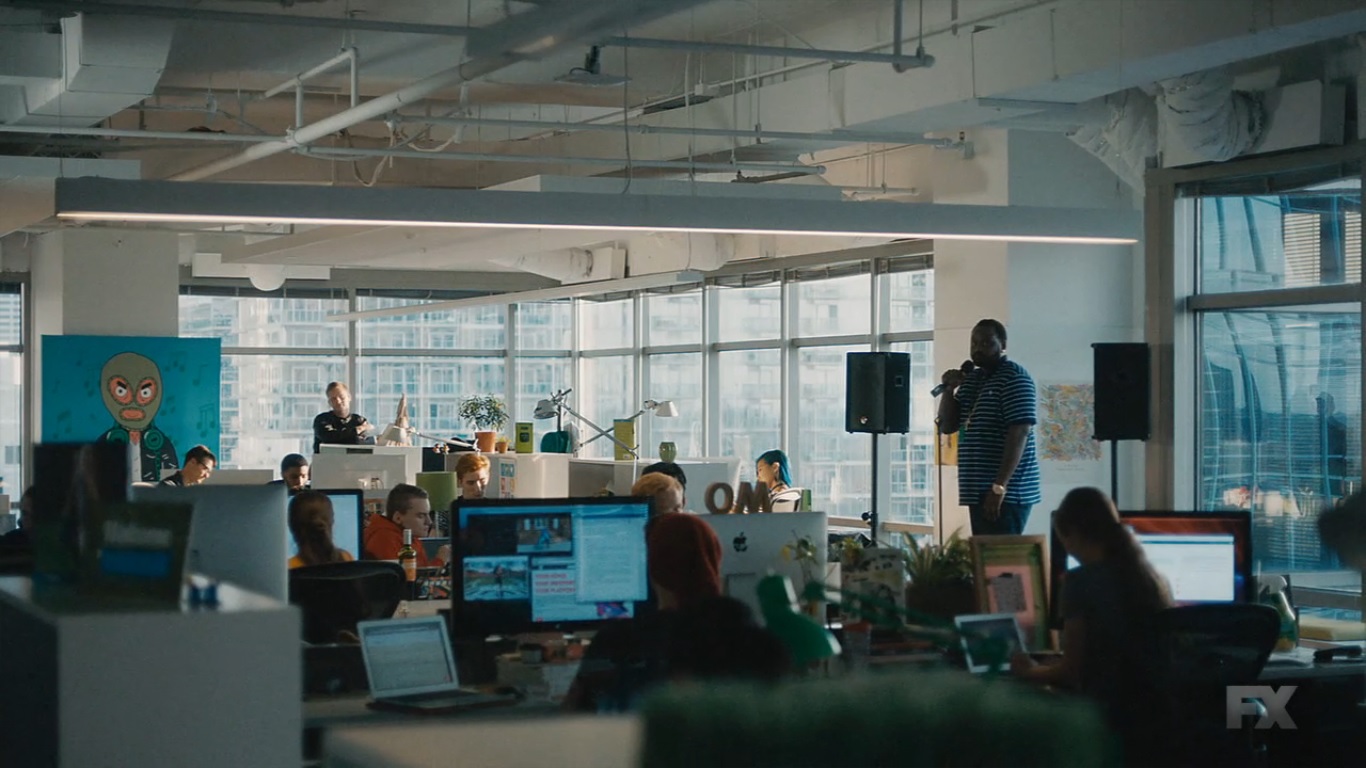
“Where my real n***as at?”
Having recovered his locked car with help from Darius, Al moves on to his next annoying challenge: marketing his music to white people. With Earn back in the front seat as Paper Boi’s manager, the dynamic duo navigate the cheery interiors and so-fun-its-creepy atmosphere of a Spotify-like music company. Here, “Sportin’ Waves” provides an interesting clash between two worlds that, for the most part, works extremely well.
We have several fantastic beats here, from Al threatening to pistol whip the dealer that screwed him within earshot of a female employee, to the self-proclaimed “35 Savage,” to there not being any disk drives in the office to play Paper Boi’s rather low-tech mixtape. Throughout this scene, there’s a constant juxtaposition between the life of an Ivy-educated startup techie and the life of a hustler from the hood.
A lot of this comes from an excellent performance from Brian Tyree Henry as Paper Boi. Between his constant sighing as Earn talks with company employees, his deadpan delivery of a plug for a streaming playlist (complete with a hysterical “Long live fresh… n***a.”), and his soulless rendition of “Paper Boi” the song, Henry really sells Al’s apathy for the business side of the music industry. Despite his recent success, Alfred Miles is the same guy who struggled to make a living back on the streets of Atlanta.
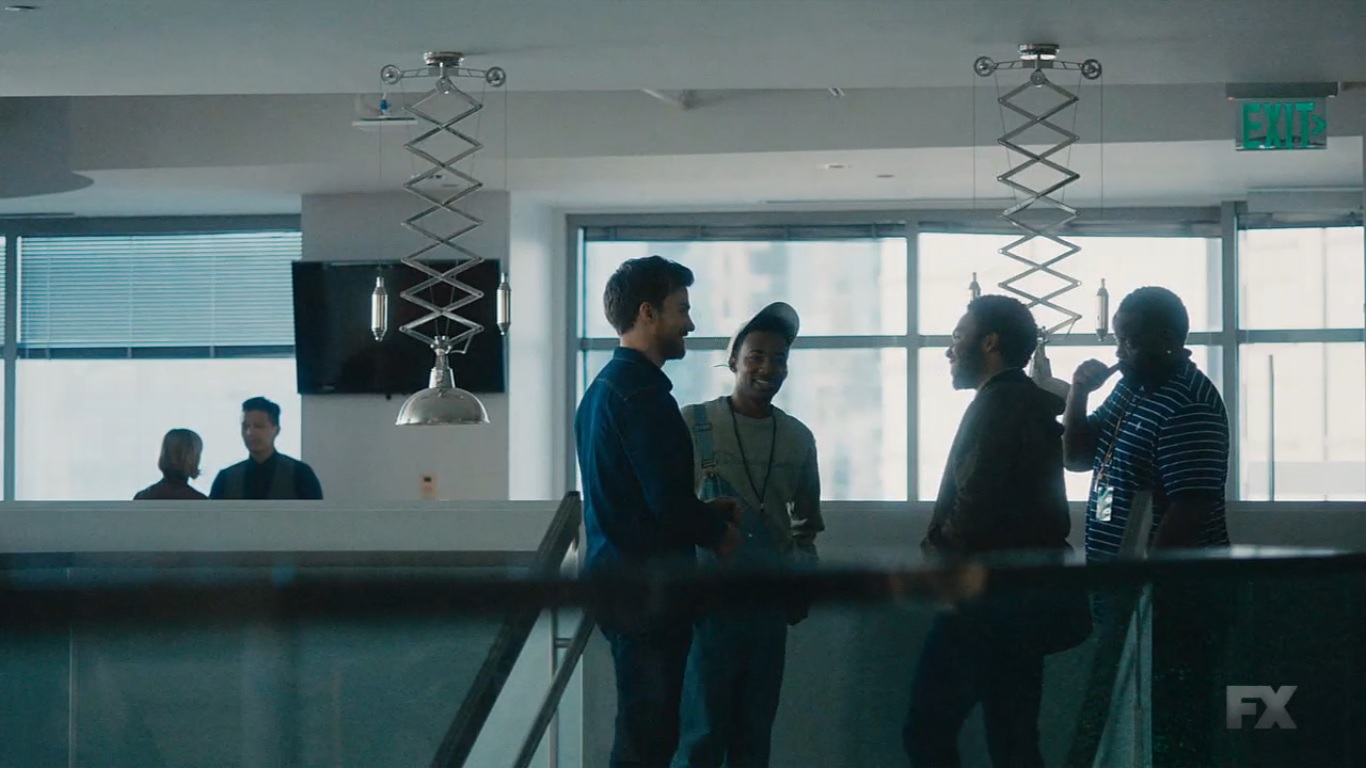
Tying this scene together is an exchange between Earn, Al, and Clark County, a fellow rapper who’s the polar opposite of Paper Boi: peppy, upbeat, and supported by an industry hardened, white manager. In reality, it’s the traditional rap dichotomy between the “sellout” and the “loyalist.” And while Al may consider himself the latter currently, tides may be a-changing, as foreshadowed by Clark’s manager Lucas’ jest of an offer to Paper Boi: “If [Earn’s] not taking care of you, you let me know.”
While the scene does ends up dragging a bit too long for my taste—it felt like a bit of a slow burn with its dialogue and generous pauses—it offers some essential character development for Al alongside some great humor.

“I got to let them bake, baby.”
Another big portion of “Sportin’ Waves” is dedicated to Tracy, the mysterious new friend of Darius and Al’s who made his appearance during the season premiere. After Darius gives Earn a hefty $4,000 for the dogs he sold back in Season 1’s “The Streisand Effect,” Tracy offers to double the amount through a gift card scamming routine. The scam is what got Al his flat-screen television, and as Tracy explains to Earn with a chuckle, “Let’s just say it was a steal.”
While Tracy’s easy-going attitude is a source of some quick laughs, I’m not sold on the rest of his character just yet. His one-dimensional demeanor currently relegates him to feeling like a cartoon caricature with little depth, while his persona as a do-rag toting, wife-beater wearing, piece of comic relief has already been done before and better on television (Leon from Curb Your Enthusiasm, anyone?).
That said, there’s plenty of time for me to warm up to Tracy. His scene at the end of the episode, where he’s denied a job opportunity despite trying desperately to fit in with his white competitors—in his mind, growing out wavy hair (“I’m the Prince of Tides, n***a.”)—offered a brief glimpse into the shattered world of post-rejection. Where Atlanta goes from here regarding Tracy is anyone’s guess, but I can only hope they build on him rather than keep him as the goofy caricature he is now.
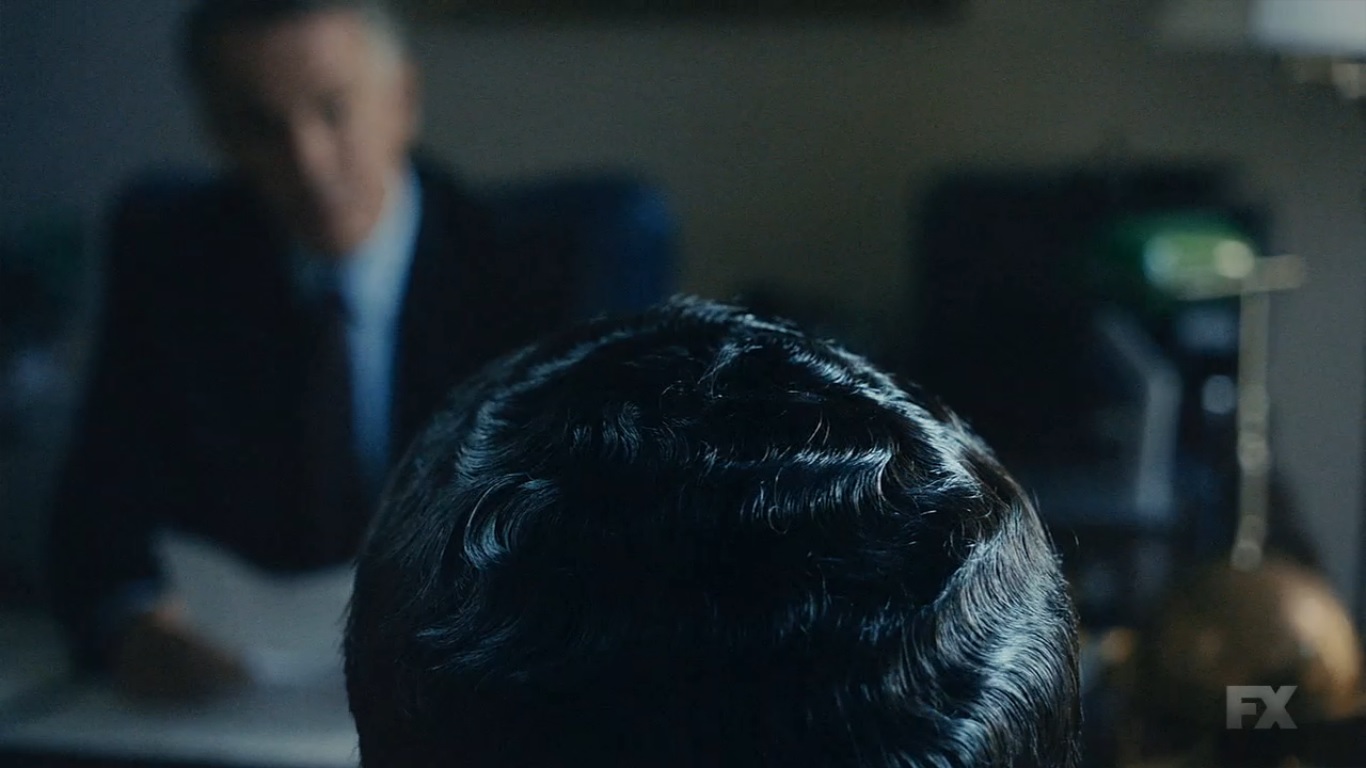
Final Thoughts
“Sportin’ Waves” is a solid if slow episode for Atlanta’s second season. I have problems with the show’s current insistence on shoving new characters like Tracy down our throats with little in the way of added characterization. Thankfully, however, “Sportin’ Waves” counteracted a lot of this with strong development for Earn and Al as we head towards an inevitable conflict between the two leads.
There are some other fantastic moments in “Sportin’ Waves” I didn’t get to touch on. For all my issues with Tracy, I did get a real kick out of him exploiting a shoe store’s “no chase policy” right in the middle of a helpless employee (“Excuse me, sir!”). Al and Darius’ quest to find a replacement dealer helped to once again illustrate the pitfalls of living a life of fame and fortune, as there’s nowhere Alfred can go without being put on Instagram or Snapchat (even if it’s an incriminating picture of him buying weed).

And then, of course, there’s the soulful “whitified” acoustic rendition of “Paper Boi” that leads to Al abandoning his phone in the street. This is some beautiful irony when you consider the fact that he and Darius were there to conduct a drug deal—turns out that an obsessive teenage white girl with a guitar ended up being far more dangerous than a dealer with pounds of illegal substances on his person.
Atlanta Season 2 is off to a good start, and while part of me wishes the pace would pick up, I’m grateful for the moments we’ve already had with Al, Earn, and Darius. Here’s to next week.
Score: 8.4/10
David is the founder of The Punished Backlog. He has a problem finishing games he starts.
Just beat: Hollow Knight: Silksong.
Working on: Yakuza 0, Iconoclasts, Metroid Prime 4: Beyond.
Can't wait for: Demon Tides.
Follow David on Twitter at @David_Silbert to keep up to date with all things The Punished Backlog.


